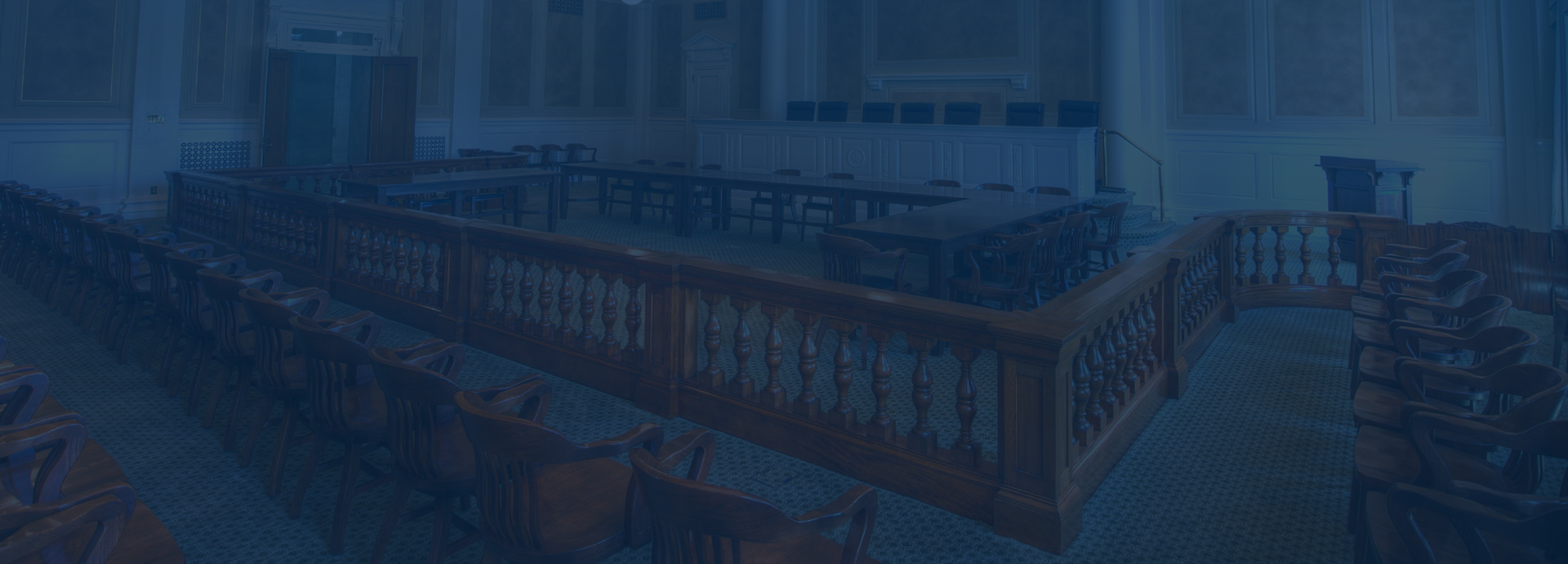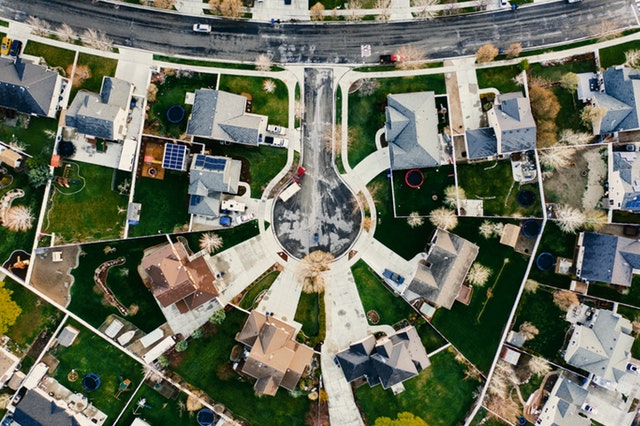How to Collect Delinquent HOA Dues – What Steps to Take
Posted on January 23, 2020


HOA fees are paid to manage costs and planned expenses. Delinquent HOA dues need to be collected but taking a series of steps. That includes actions from a simple notice to force full collection. The following sections guide you with various steps on how to collect delinquent HOA dues.

How to Collect Delinquent HOA Dues
Collecting delinquent HOA dues involves simple reminders with a grace period initially. It is followed by rigorous actions like sending notice of action by filing a lien and finally, forceful closure of the home.
1. Send Reminders
To chase down HOA dues from members with irregular payments, you need o to send reminders to the member. This allows a reasonable grace period for the payment of dues. You need to send reminders and collection notices to members on a fixed schedule with due diligence.
2. Set Up a Payment Plan
To collect dues from a member who poses temporary challenges, the best course of action is to work out a payment plan. It not only gives members enough time to pay their dues but also protects the interest of the association. Loyal members who have irregular income needs more time to pay their dues. You need to work out a payment plan with these members.
3. Follow the Protocols
During every step of HOA dues collection, you need to be very consistent and methodological in following the process. Failure to follow any rules at any stage may cause further delay or lead to foreclosures. You can present the members with a due payment plan along with actionable steps as the next step. This may affect your ability to complete your future collections.
4. Initiate Special Assessment
A special assessment is a special fee imposed to recover any loss. The board imposes a special assessment to cover community expenses and contribute to the unexpected expenses. The special assessment may be issued by the board to cover insufficient reserves that arise due to the non-payment of dues. Not every member of the association would agree to pay for the special assessment when it imposed. There can many reasons for the members not to pay for the special assessment.
5. Enforce Due Payments
When you need to take more serious options for due payments, you can plan to any of the following steps described below.
i. Bring In An Attorney
You can bring an attorney who has experience in handling similar cases involving collections. They have knowledge and expertise to help the association to enforce the payments to recover the dues. Although before working with one, make sure that you look at their firm’s overview to ensure that what you’re looking to achieve aligns with what they’re capable of doing.
ii. File a Lien
You can file a lien to claim the unpaid dues through the court process. You can also initiate wage garnishments against the member. But you should attempt wage garnishment as your last resort as it is more expensive.
iii. Restrict Access
You can restrict the members with HOA dues to common areas such as fitness centers, swimming pools, and tennis courts. When their access rights are revoked, it forces these owners to pay their dues.
6. Foreclosure of the House
When all the above steps failed to recover the dues, you may be forced to foreclosure the members’ house. This is the last resort to recover the unpaid HOA dues. Before you initiate a foreclosure, ensure you meet the following criteria
i. The lien was properly recorded.
Ii. HOA has properly allocated payments.
Iii. HOA has the authority to enforce special assessment and foreclosure.
Iv. HOA has no accounting errors.
v. Fees for late payment are reasonable.
Bottom Line
These series of options let you know how to collect delinquent HOA dues. It shows simple initial action to more forceful foreclosure of the home through legal action. You need to understand that all legal actions and foreclosures are taken as a last resort and should follow a compliance checklist to ensure that you’re taking all of the right steps in doing so. They are not only traumatic but also time consuming and expensive.
